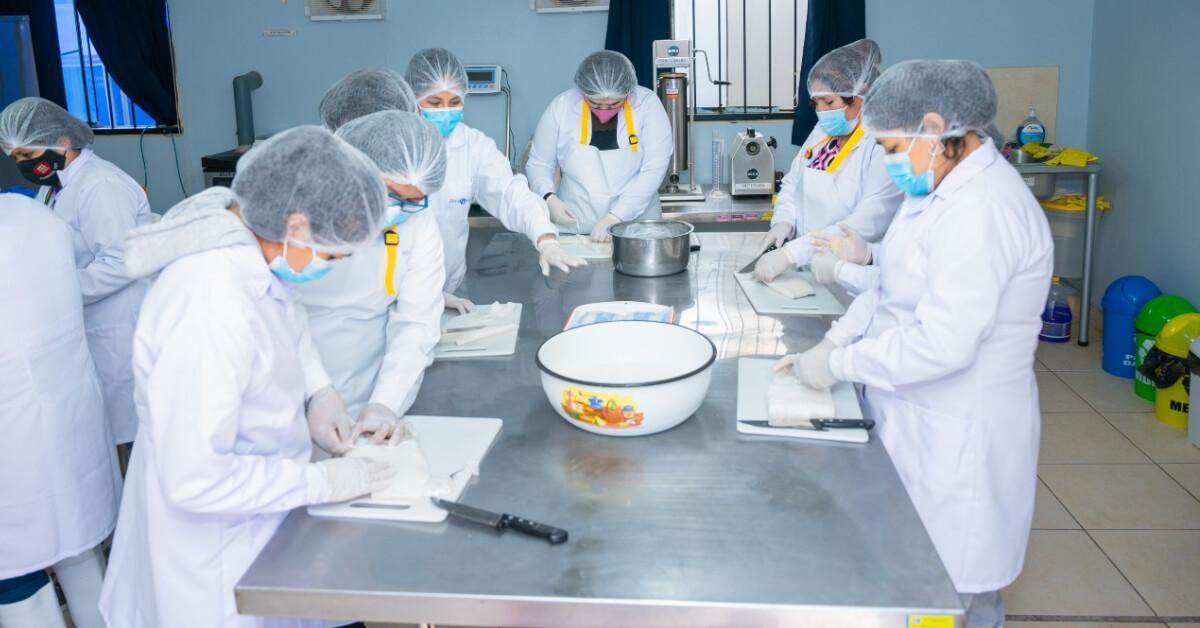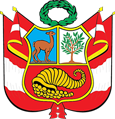Ilo fishermen complete a workshop to prepare foods with high nutritional value

Petroperú successfully concluded its Experimental Research and Development Project Workshop for Artisanal Squid Processing, in partnership with the CITE Ilo Fisheries Technological Institute; the Fishermen's Guild SUPABCPI - Ilo and the Regional Government of Moquegua, thus reaffirming its permanent commitment to artisanal fishermen.
The project made it possible to develop technology to give added value to the squid with hamburgers that are now a reality. In this sense, it was possible to elaborate five types of hamburgers with high nutritional value, contributing to improve the food security of the population of Ilo.
In addition, indirectly, it will allow the fishermen and their families to generate economic resources by marketing this marine mollusk with added value, providing a quality product in the local market.
The workshop was attended by active and retired fishermen, as well as their families, who actively participated in the trials and technical tests for the processing of squid burgers, enriched with nutrients, thus giving them added value for their commercialization.
It should be noted that squid is one of the most important marine resources for human consumption in the country due to its export volumes, foreign exchange generation and employment of labor at the coastal level. But its potential goes further, since by adding value to its derived products, it can give rise to a more versatile and diverse Peruvian food industry.
Likewise, during the day formulas were validated to prepare five types of hamburgers based on other marine inputs, such as anchovy, mackerel and horse mackerel; among other nutrient-dense foods such as quinoa.
Petroperú's participation is part of its Social Management Policy, becoming a link between the productive sectors of the State and the communities in its areas of influence.

